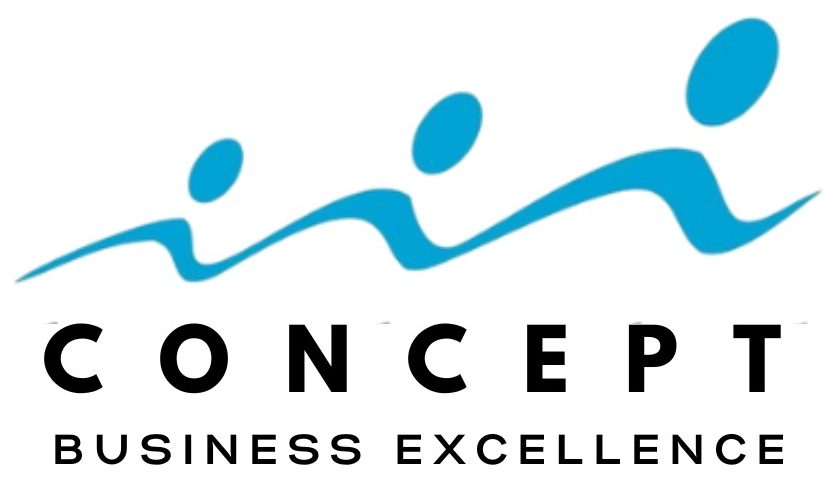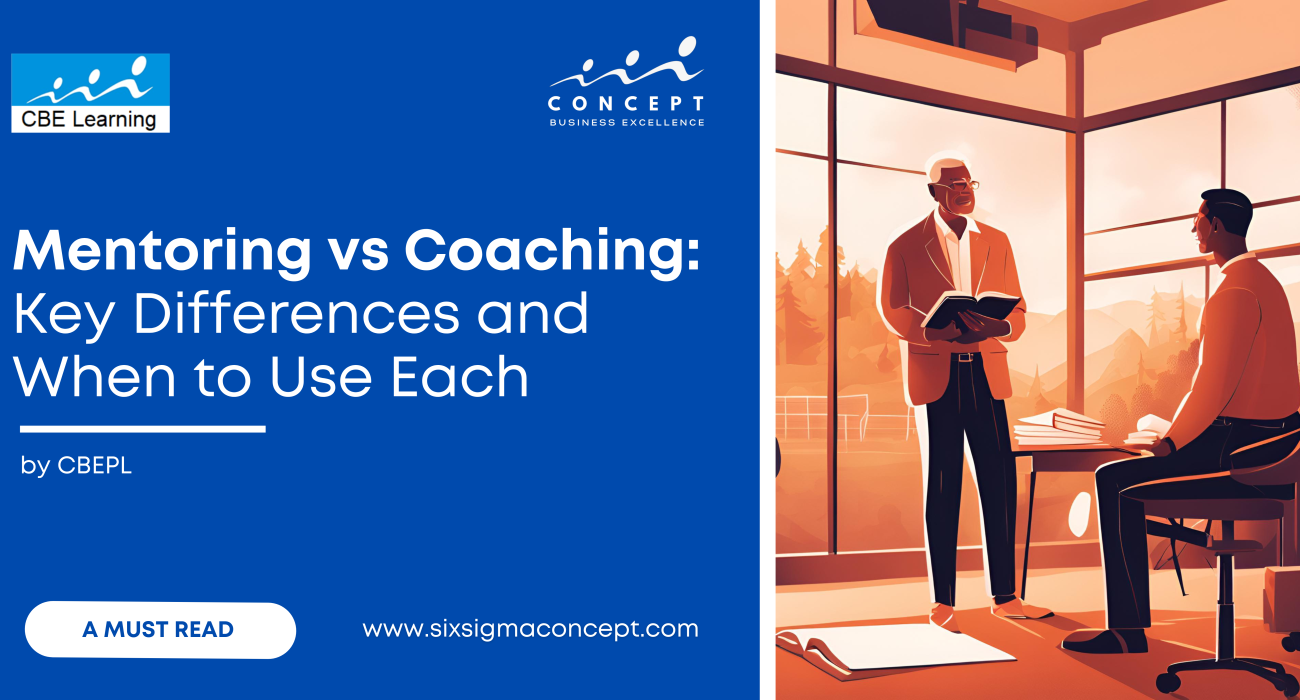In today’s fast-paced professional world, terms like “mentoring” and “coaching” are often used interchangeably. While both focus on developing individuals, they serve distinct purposes and employ different approaches. Understanding these differences can help organizations and individuals maximize the benefits of each.
What is Mentoring?
Mentoring is a long-term relationship in which an experienced professional (the mentor) guides and supports a less experienced individual (the mentee). The focus is on holistic development, including career guidance, personal growth, and building a strong professional network. Mentors share their experiences and wisdom, often acting as role models.
Benefits of Mentoring:
- Builds trust and fosters personal connections.
- Encourages career growth and leadership development.
- Offers valuable insights through shared experiences and lessons.
When to Use Mentoring:
- To provide career guidance and long-term support.
- For developing leadership skills in emerging professionals.
- When fostering organizational culture and knowledge transfer.
What is Coaching?
Coaching is a structured, goal-oriented process aimed at improving specific skills, behaviors, or performance. Coaches are often external professionals or trained internal leaders who use powerful questioning techniques to help individuals find solutions and unlock their potential.
Benefits of Coaching:
- Improves performance and specific skill sets.
- Encourages self-reflection and independent problem-solving.
- Drives measurable outcomes in a short timeframe.
When to Use Coaching:
- To address specific performance issues or skill gaps.
- For short-term, measurable objectives.
- When employees need help navigating challenges or making key decisions.
Key Differences: Mentoring vs Coaching
- Focus: Mentoring emphasizes long-term personal and professional growth, while coaching is focused on short-term skill or performance improvement.
- Approach: Mentors provide guidance and advice based on their experiences, whereas coaches facilitate goal-setting and solution-focused processes.
- Relationship: Mentoring is often informal, nurturing, and ongoing, while coaching is structured, formal, and time-bound.
- Expertise: Mentors share their knowledge and experiences directly; coaches help individuals discover solutions through self-reflection and questioning techniques.
How to Choose Between Mentoring and Coaching
The choice depends on your objectives:
- If you seek long-term guidance, career advice, or a role model, mentoring is the better option.
- If you need targeted help to improve a specific skill or overcome a challenge, coaching is ideal.
Both mentoring and coaching are invaluable tools for professional development. Many organizations find that combining both approaches creates a robust framework for fostering talent and achieving organizational success.
Join the Effective Coaching and Mentoring (ECM) Program!
Are you looking to sharpen your coaching and mentoring skills? Don’t miss our Effective Coaching and Mentoring (ECM) program on 22nd January!
This program will equip you with actionable strategies to:
- Foster growth and development in individuals.
- Use mentoring and coaching techniques effectively.
- Drive personal and organizational success.
Why Attend?
- Gain insights into effective coaching and mentoring practices.
- Learn from experienced professionals and trainers.
- Boost your ability to inspire and empower others.
Seats are limited, so Click here to register now to secure your spot!
Visit the event page for more details : https://www.sixsigmaconcept.com/event/effective-coaching-mentoring-ecm-training-program-for-leaders/
For more details and registration, visit our website or contact us today!


